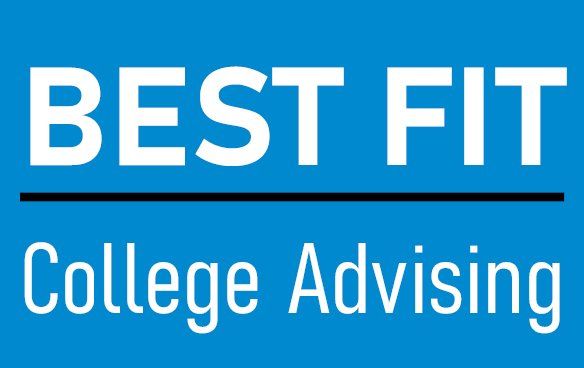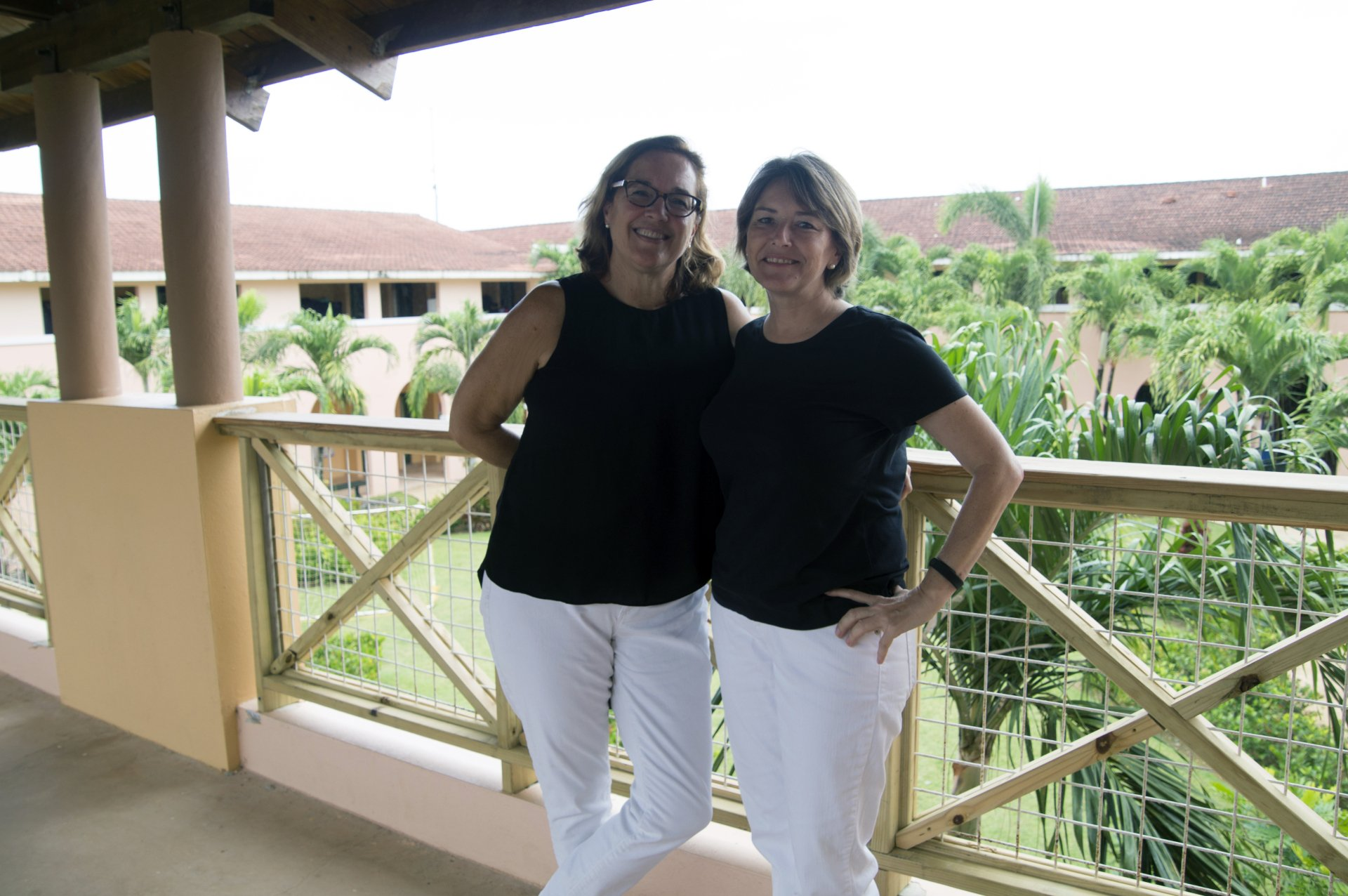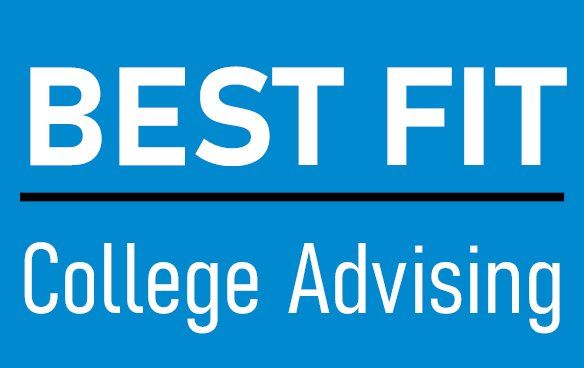Some students applying to college this year or on the path to do so in a few years are clear that a white coat and stethoscope are in their future. If you are sure that a career as a doctor or perhaps a medical researcher is for you, there are some steps to the college process that may need some special attention.
First and foremost, consider very carefully what it takes to be accepted to medical school and prepare to meet a narrowly defined list of course requirements. Medical schools will say that students from any major can apply to their school. While it is true that an English major can apply to medical school, the English major still needs to have taken a lot of science classes to be accepted at most medical schools. The majority of schools require coursework in Biology, Physics, Chemistry and the dreaded Organic Chemistry, including several lab classes. If that sounds like fun, you’re on the right track! If you have not taken lab sciences in high school or performed well on a couple of AP science exams, you may find the college pre-med requirements challenging. Medical schools often also have minimum requirements for English classes, and in Puerto Rico, both English and Spanish classes.
Next, consider your testing skills. If you find that you are gravitating towards test-optional schools because standardized tests do not reflect your true academic ability, you might want to take a look at the MCAT before you commit to a pre-med track. U.S. Medical schools are talking about a more holistic approach to admissions that weighs multiple elements of a student’s application including their compassion, commitment to their community and experience with internships, but the fact is that the score on the MCAT test is still one of the two top factors that many schools evaluate, and it has a significant weight in the process. Some schools will not consider a student with a score below a certain number, no matter what else they bring to the table.
That takes me to the other major medical school admissions factor, your GPA, and how that relates to your undergraduate college applications. For many medical schools, your GPA in the required courses is the single most important data point in your application—typically more important than the name of the school issuing the diploma. This means that it may be in your best interest to attend a lesser-known college where you will be among the strongest students and can earn a 4.0 GPA rather than to attend a more prestigious college with a more competitive student body where you might earn a lower GPA and be less competitive when applying to medical school. It’s a good idea to find a good fit where you will learn well!
Other elements to look at when deciding if a school is right for you are the strength of the sciences program (whether or not the school has an official pre-med program), the availability of pre-professional advisors, research or laboratory opportunities and proximity to the school’s medical school, if they have one. The ability to participate in meaningful community service, develop your additional language skills and hone your writing skills would all help you on your quest to become a good doctor.
Other recent posts you might also like:

This year’s admissions responses from selective and highly selective colleges has left many talented seniors feeling like they’ve been beaten up and left in ditch. Students with stellar grades, astronomical SATs and a deep record of extracurricular activities and community service have not received the “yes” answers that they dreamed of or even half expected. The internet today, the day after so-called Ivy Day when Brown, Columbia, Cornell, Dartmouth, Harvard, Penn and Princeton release their regular decisions, has been awash with a plaintive refrain: “What do they want?” The short answer is that that is unknowable and ever-changing. The long answer is that data is out there for most schools on what GPA range or test scores their recent admits offered, but it is much harder to quantify the more important elements of a holistic admissions process. Colleges and universities have said for years that their holistic process takes into account more than just numbers. However, when most schools went test-optional in the pandemic environment, many students seemed to forget that test scores are just one data point. And without that data point, the factors of academic rigor, leadership, community involvement and recommendation letters gain importance. Nevertheless, thousands or tens of thousands more students applied to newly test-optional institutions. This put colleges into the enviable position of having the most diverse group of students in history to choose from, but the unenviable position of knowing less than normal about expected yield, or how many admitted students will accept the offer and enroll. This leads me to the dreaded waiting. In between acceptance and denial of admission comes the waitlist. A school essentially tells a waitlisted student that he or she is academically and otherwise qualified to attend the institution, but they don’t have space to give a solid “yes.” The student usually must decide to opt to be added to the waitlist. Then what happens? Most of the selective and highly selective schools do not weight or rank students on the waitlist. That is, when they go to their waitlist for five students, they don’t take them in order of the top five test scores or GPA. Instead, it becomes even more random than during the regular decision process. Admissions officials are looking to form a balanced class of mathematicians and historians, athletes and musicians, artists and engineers, entrepreneurs and humanitarians, legacies and first-generation college goers, and many have diversity of race, ethnicity, religion, socioeconomic status and geography as a goal. As the first-year class begins to take shape with students committing to a school, the officials look at the balance of these characteristics and any other institutional priorities represented. If the enrolled students are skewing heavily to the coasts, they might look to the waitlist for students from the Midwest. If they aren’t increasing diversity as much as they would like, they might look to the waitlist. If their tuba player or Pride Club president or lots of French majors graduated and they see few enrolling, the waitlist probably has the people they are looking for. What I’m saying is that the waitlist is even more subjective than the regular process and waitlists this year are longer than ever before. Some schools offered a waitlist spot to more students than are in their whole first-year class, so even though there will be more waitlist movement than normal this year, your chances are still very low. If you feel you must, take your waitlist spot and if they allow it, write a letter of continued interest. Then forget about that school, commit to a school that has admitted you and allow yourself to fall in love. Attend the accepted student events, Zoom with a current student and join social media groups for admitted students. If you give it a chance, you may discover that you have found your dream school instead of waiting in vain for Godot. Terry Chevako Bava is an independent college counselor who demystifies the college application process and advises students and families every step of the way, from the beginning of the college search through applying for financial aid and evaluating admission offers. Visit her website or book a free consultation today.

Spoiler Alert: If you haven’t watched Season 4, Episode 12 of The Good Place , stop now! As I suffered through the first unruly minutes of the first presidential debate, my hope that there would be some substantive discussion or least some decorum were dashed. My annoyance at the childish behavior rose until I had to switch it off and retreat to the last season of The Good Place to lower my blood pressure. It was certainly the opposite end of the spectrum as Michael finally shepherded the band of four to the Good Place. Eleanor and the rest have survived trials and tribulations, including hundreds of reboots, only to find that the Good Place is a little weird. People are somewhat lacking in animation, and they realize that it’s because they have had anything they want, however they want, for as long as they want. Go Karts with monkeys? You’ve got it! Stardust milkshakes? An endless supply! The problem is that without obstacles in their way, people get bored and everything loses its meaning. Even living in Paradise becomes drudgery. I wondered what would happen if that were really possible. What if you could remove all college admissions obstacles and conjure up your own spot in college? I think a lot of people would find that they would not actually be happy at X University because they haven’t looked far beyond the name. I think that getting the college you wish for would not necessarily conjure up the college of your dreams if you don’t know what you’re looking for. What if you could wish up a college admission but the only thing you couldn’t do was wish for the college by name? Let’s say a student wished for an affordable college strong in social sciences, where everybody studies abroad and he can swim for the team. A school that immediately comes to mind is Goucher College in Baltimore, Maryland. They are known for their Political Science major and its emphasis on the relation between theory and action. If you are so inclined, take classes for free at Johns Hopkins , a mile up the road. Just an hour away, DC is a popular destination for the internship that they don’t just help you to get, but require. Study abroad is another requirement, so 100% of students broaden their horizons and then add to the classroom dynamic with their new perspectives—I can’t think of another school that can say that. They have Division III athletics , including swimming. Additionally, almost every accepted student gets from $12,000 to $35,000 in aid , and they are generous with work-study. That all sounds better than stardust milkshakes to me! The way to your Good Place might entail ignoring the name and looking at features that are right for you.



